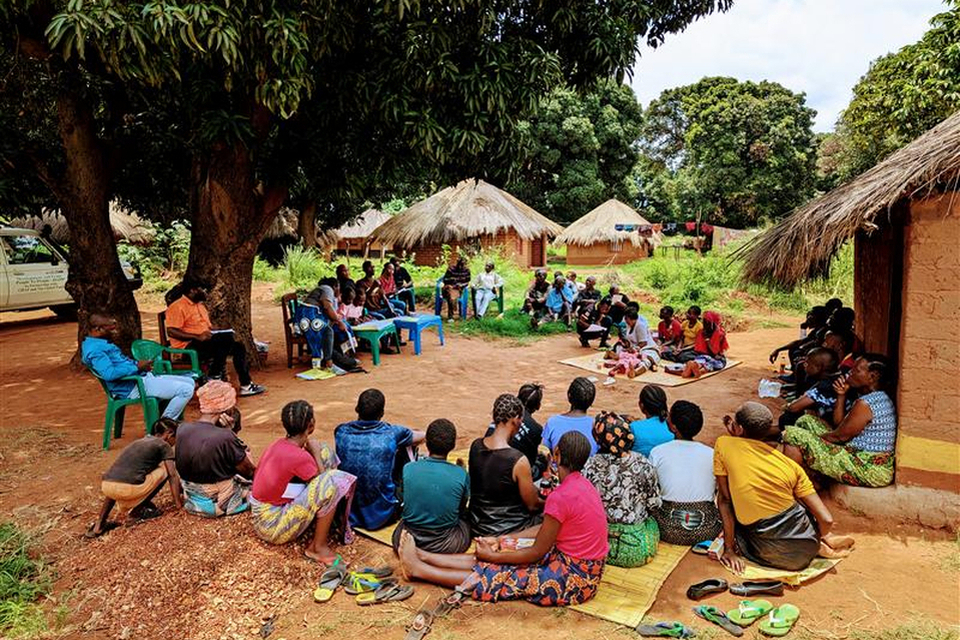
The Community-Led Malaria (CLM) programme is based on the principle that people affected by malaria should lead the fight against it. The programme supports community members not only to help, but also to participate in the key decision-making process aimed at fighting and controlling malaria within their communities.
The programme is funded by the Global Fund to fight AIDS, Tuberculosis and Malaria, with the Churches Health Associations of Zambia as the main grant holder and Development Aid from People to People in Zambia (DAPP) as the lead partner in the implementation of activities. CLM collaborates with seven local partners in all 10 provinces and 51 districts in Zambia, supporting 320 health facilities.
CLM works through volunteers who collect information, assess malaria services, and identify gaps and barriers within the health system. Communities then meet to discuss the challenges identified and make action plans, using both local initiatives and direct collaboration with health officials to solve the issues identified.
The information gathered through a survey and community focus group discussions is utilised to plan activities, allocate resources effectively, and engage in discussions with health officials.
This fosters collaboration between communities and health workers, where everyone has a role in reducing malaria. Communities sustain the work by remaining organised, sharing information, and collaborating, from homes to neighborhoods and districts.
Project Full name: Community Led Monitoring Malaria
Principal Partner(s): The Global Fund through Churches Health Association of Zambia (CHAZ)
Implementing Partners: Ministry of Health, Family Development Initiatives (FDI), Project Concern Zambia (PCZ), Diligent Health Initiatives (DHI), Eastern Province Women Development Association (EPWDA), Network for People Living with HIV and AIDS (NZP+), Treatment Advocacy and Literacy Campaign (TALC) and Lifeline Child line Zambia (LLCZ).
Location: Lusaka, Southern, Western, Luapula, Northern, Eastern, Copperbelt, North-Western, Central and Muchinga Provinces. Implemented in 51 districts.